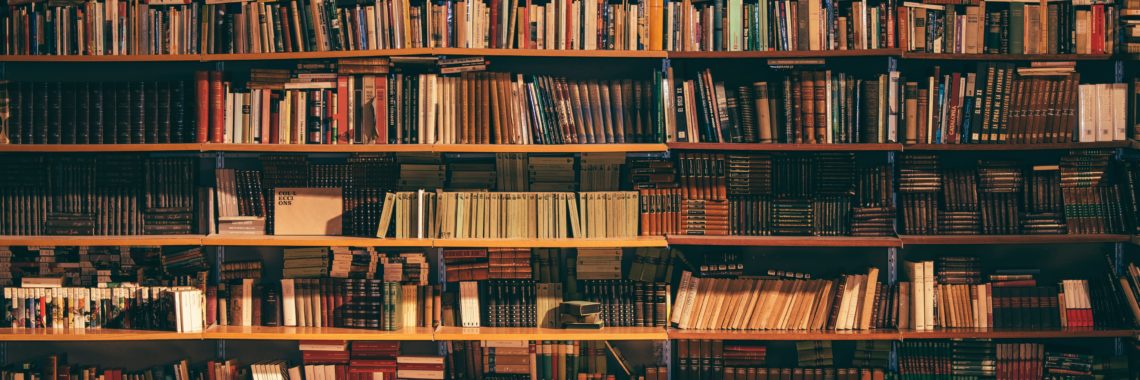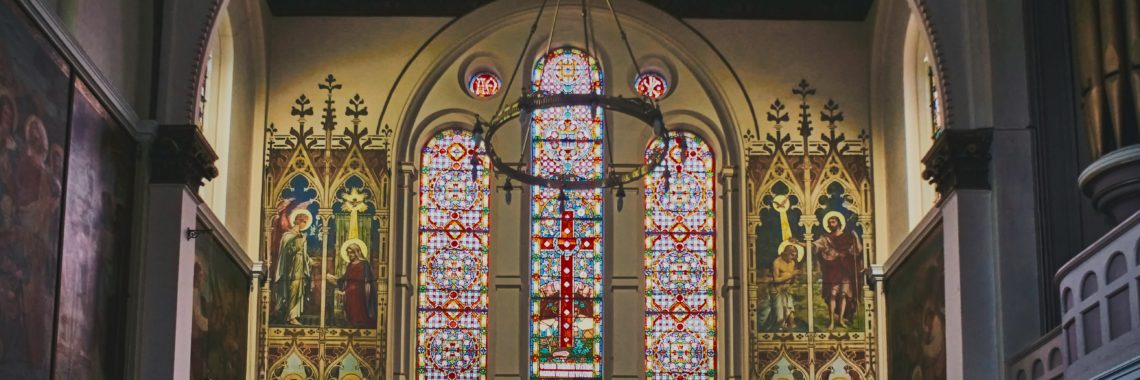“The Politics of Prophetic Love in South Asia” SherAli Tareen
Image adapted from The Fabulous Creature Buraq by unknown author and a painting by Nar Singh (Public Domain) A virtual conference sponsored by Canopy Forum and the Center for the Study of Law and Religion at Emory (CSLR) featuring scholars, experts and practitioners who will examine the many religious traditions of South Asia and their diverse…








